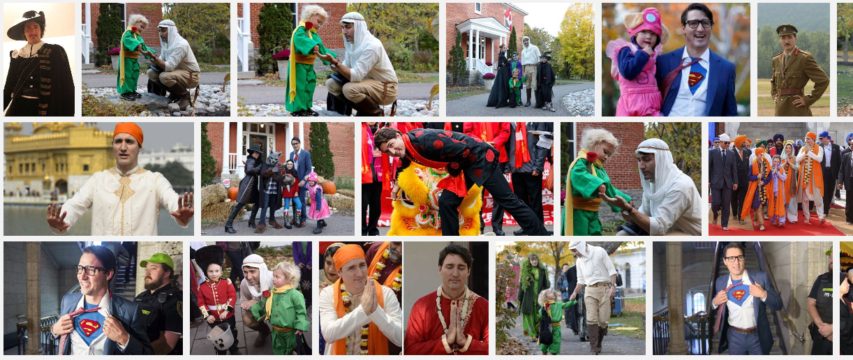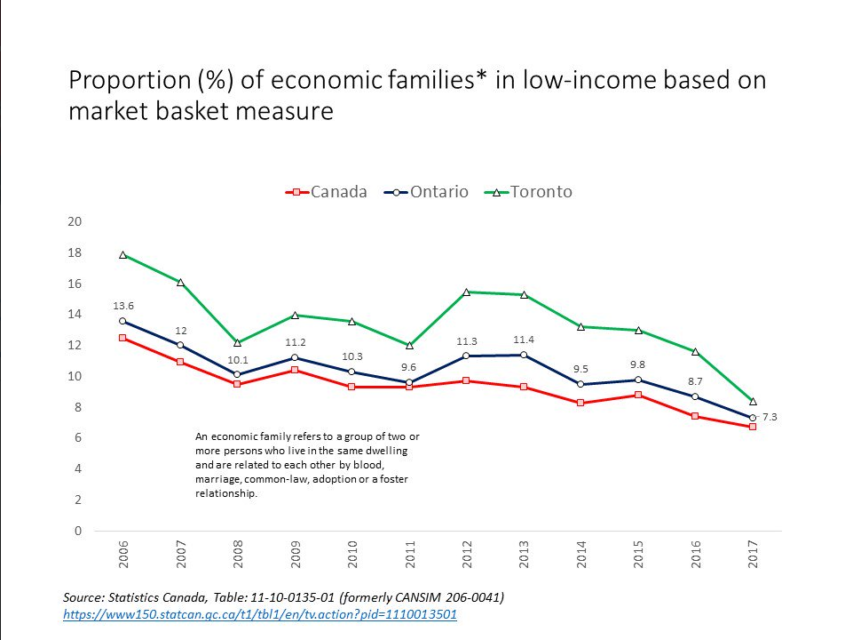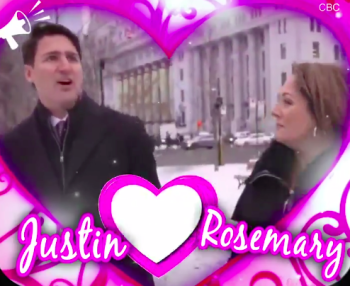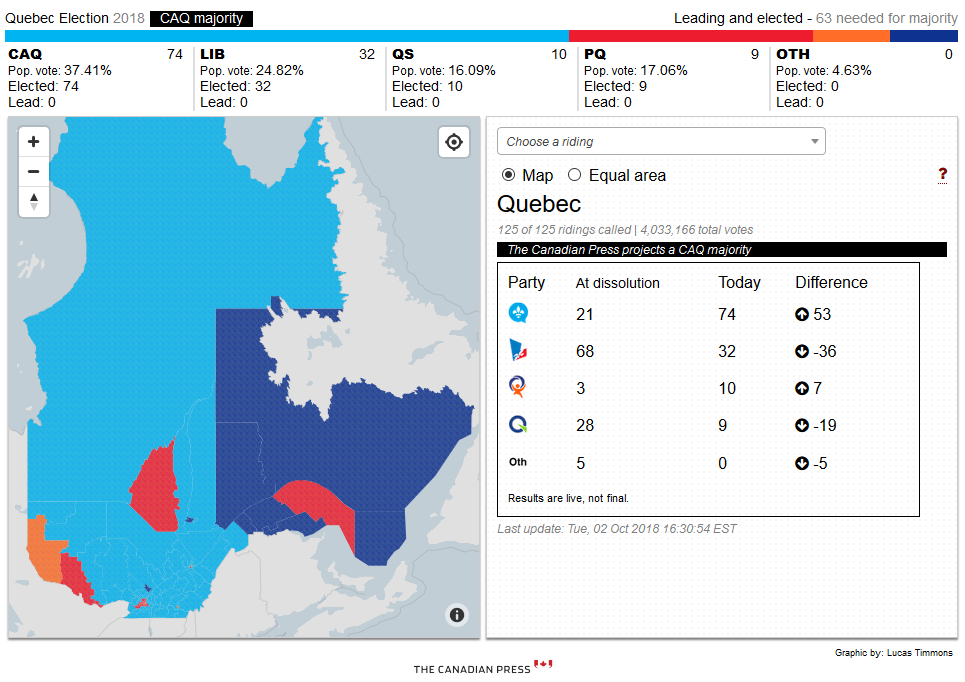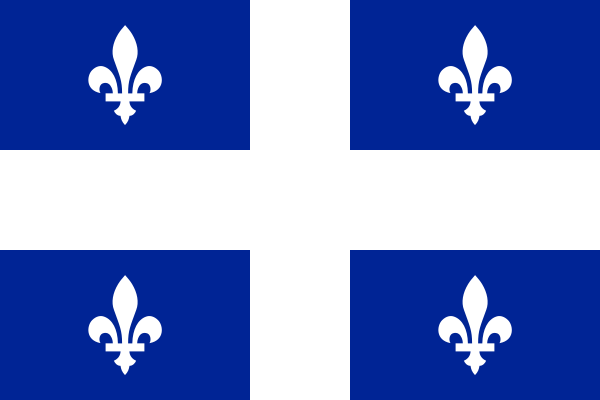In Maclean’s, Paul Wells calls Justin Trudeau an imposter:
… the problem for Trudeau — who came to power promising a new era of transparency — is that this phoniness is a trait he shows all too often.
In 2016, when the Globe and Mail reported that the Prime Minister had attended a Vancouver fundraiser attended by Chinese billionaires — one of whom promptly donated money to the private Montreal foundation named for Trudeau’s father — the Liberal Party of Canada said no government business is discussed at such events. Trudeau later admitted they asked about policy and he talked about jobs.
Legalizing cannabis is one of the signature achievements of this government. But Trudeau has never been able to say he did it so affluent consumers could more readily get high. Instead, he had everyone in his government swear the goal was to drain the black market and keep the stuff out of the hands of teenagers. Neither goal has come anywhere close to being reached. Judged by the standards of a bake-off for the children of privilege, legalization has been a great success. Judged by the standards the Prime Minister claims, it’s a mess. The operating assumption seems to be that we’re simply supposed to read between the lines — that we’ll understand that when Trudeau speaks he is not to be taken seriously.
[…]
I could keep picking examples of Trudeau acting one way and talking another (climate change, Indigenous reconciliation) until the cows come home. But at some point you’d say, with reason, that this is not exactly innovative behaviour for an elected politician. But what’s so damaging about the SNC-Lavalin affair is that, in private, there’s no evidence Trudeau governs as the future-looking sophisticate he plays on TV.
[…]
There’s a stack of assumptions behind that strategy as long as your arm: that SNC does work so good it could never be replaced, that a trial would wreck it, that a mere judge couldn’t possibly weigh the company’s social contribution in determining its legal liability. And the biggest assumption of them all is that all of this is so obvious, none of it needed explaining in two years of feverish PMO activity. Not to the attorney general — she got earfuls of explanation, delivered in shifts working overtime, for months after she made what Trudeau felt was the wrong decision. And not to you and me. Trudeau never thought you and I deserved to know why he was trying to keep SNC out of a trial court. This makes a mockery of a simple idea: the consent of the governed.
It turns out that behind the curtain, the wizard from the woke future of politics was indulging the oldest of old-fashioned industrial policy. Navdeep Bains, the so-called innovation minister, might as well legally change his name to C.D. Howe for all the innovation going on here.
As for Wilson-Raybould’s diversity of background and perspective, it turned out to be inconvenient. She didn’t buy into a cozy meeting of minds along the Toronto-to-Montreal corridor. And the meeting of minds was what really mattered. Because it’s 2019.
The day got worse for Trudeau, as another cabinet minister resigned rather than stick around for the deck chairs to start floating away:
It grieves me to resign from a portfolio where I was at work to deliver an important mandate. I must abide by my core values, my ethical responsibilities, constitutional obligations. There can be a cost to acting on one’s principles, but there is a bigger cost to abandoning them. pic.twitter.com/EwO5dtdgG6
— Jane Philpott (@janephilpott) March 4, 2019

